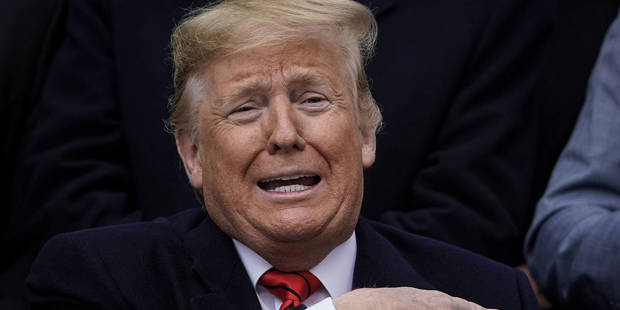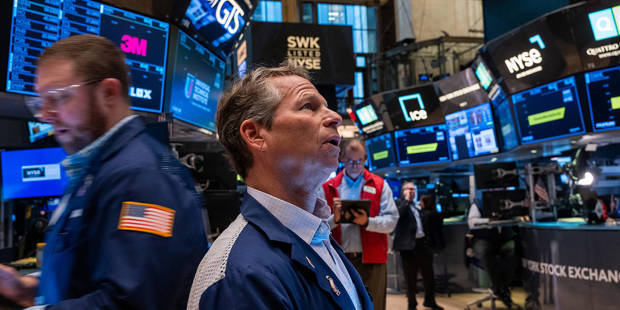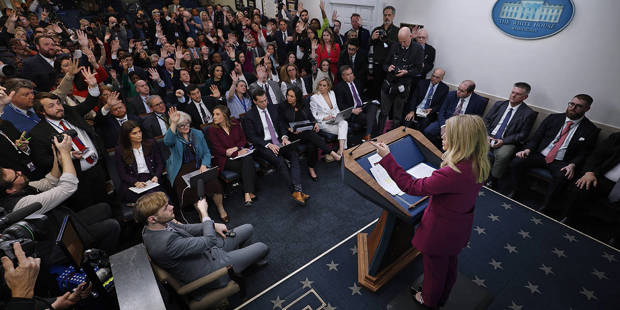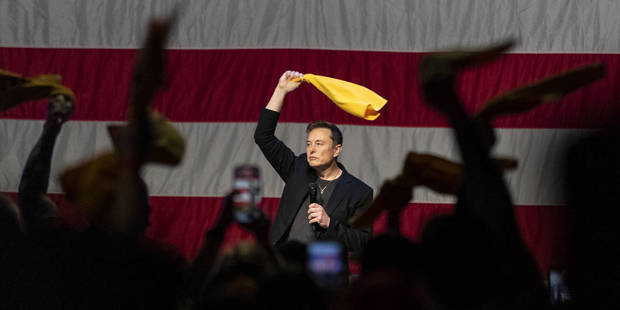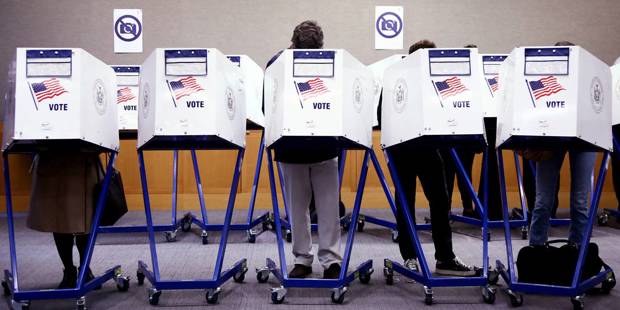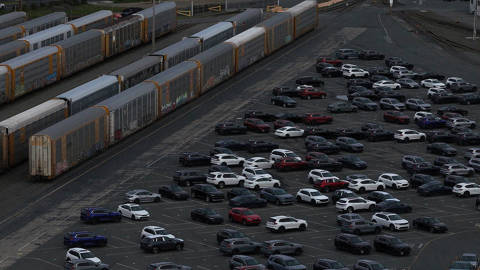J. Bradford DeLong, Professor of Economics at the University of California, Berkeley, is a research associate at the National Bureau of Economic Research and the author of Slouching Towards Utopia: An Economic History of the Twentieth Century (Basic Books, 2022). He was Deputy Assistant US Treasury Secretary during the Clinton Administration, where he was heavily involved in budget and trade negotiations. His role in designing the bailout of Mexico during the 1994 peso crisis placed him at the forefront of Latin America’s transformation into a region of open economies, and cemented his stature as a leading voice in economic-policy debates.
